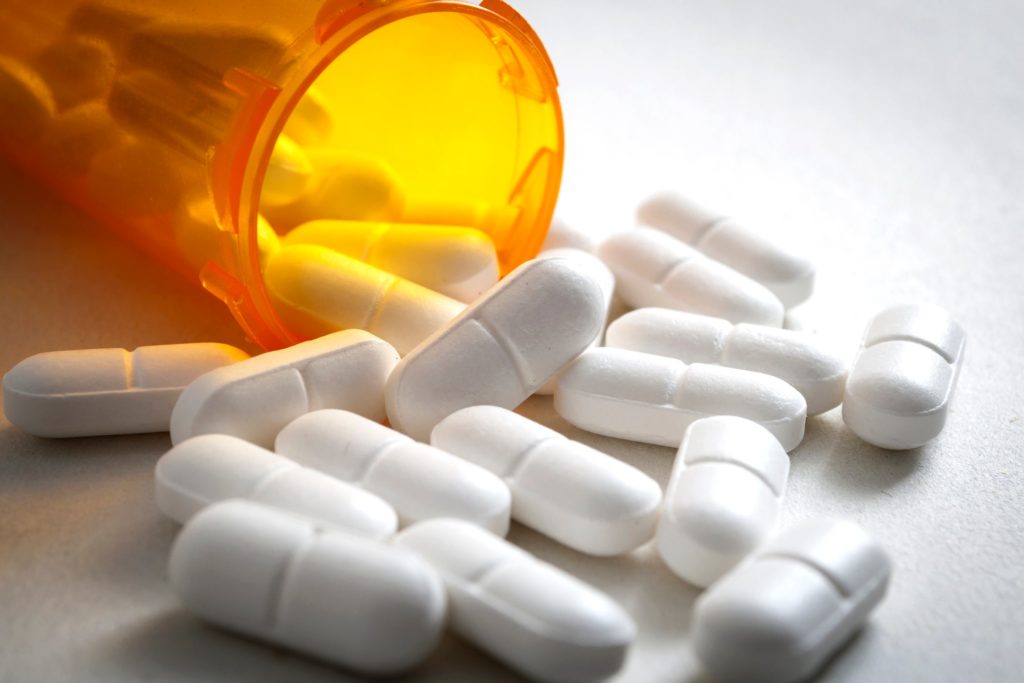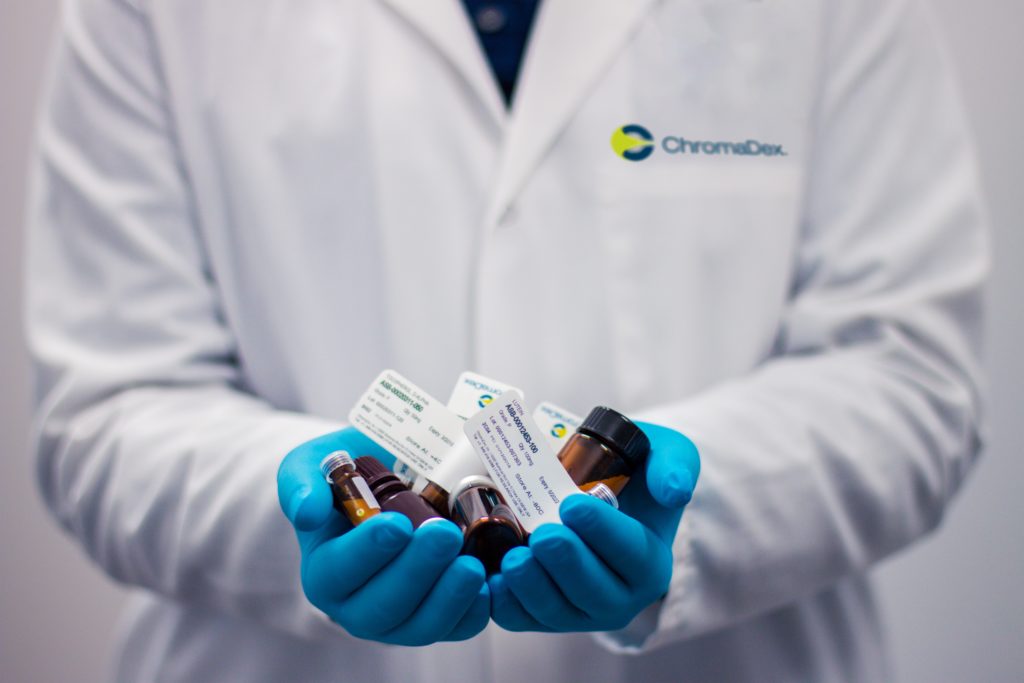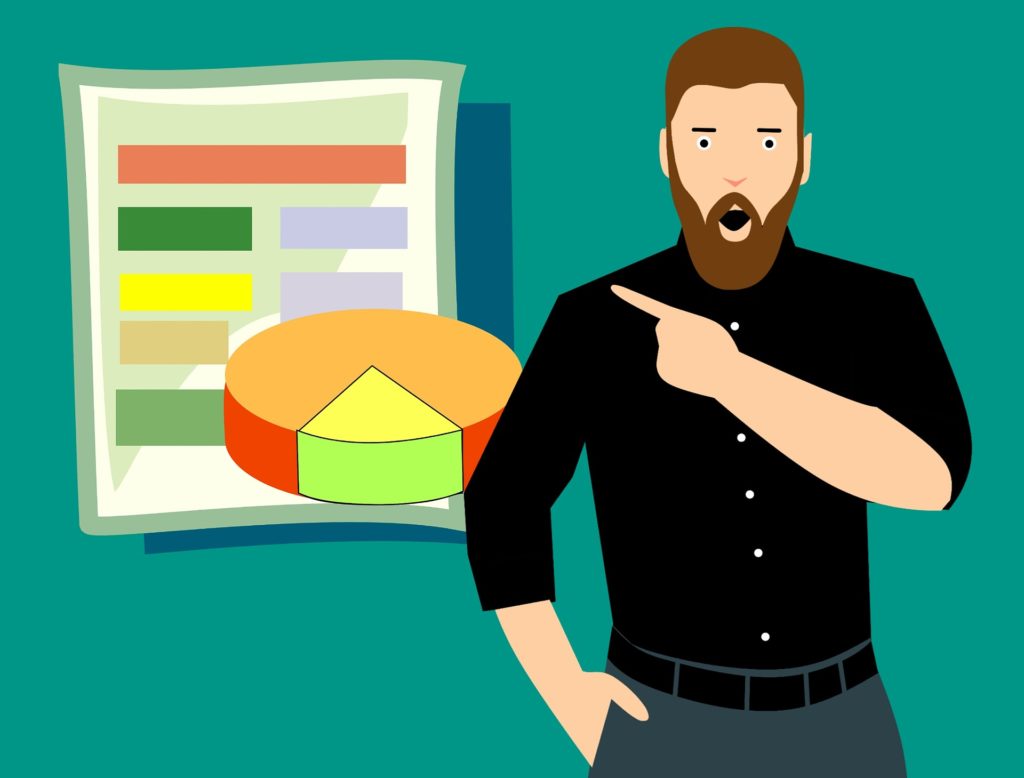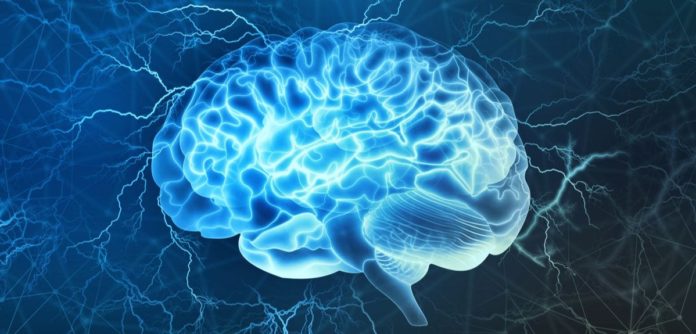You have probably heard the saying – If you believe in yourself, you can achieve anything. The placebo effect is something like that. This article will cover in-depth what the placebo effect is, scientific studies related to the same, its criticism and what you can do.
What is a placebo?
A placebo is a course of action or treatment which has no therapeutic value. It does not contain anything which can affect one’s health. Examples include a pill, a shot or some other type of fake treatment that induces a state of mind or belief of actual treatment.
The placebo effect is essentially the healing power of belief. How taking something as innocuous as a sugar pill can better people with chronic conditions.

Scientific Studies
Generally, a placebo is used to study the efficacy of a new drug. Subjects in a study are divided into two groups. One is given the new medicine and the other, a placebo. It is not disclosed that a placebo has been administered. If the new drug shows remarkable results in comparison to the placebo, it passes the trial. It is then considered for mainstream use. This term is being used quite frequently now with the COVID-19 vaccine trials.
Let us explore some scientific studies from the book, You Are the Placebo by Dr Joe Dispenza where the placebo effect was significant.
In a 2002 trial of 180 patients, some received sham surgery, and their knees healed themselves, their pain went away and the patients could walk again, neither of the two groups who actually had the surgery improved any more than the patients who received the placebo surgery.
The next case is A Harvard study of elderly men who were placed in an environment for several days that was designed to feel like it was from 22 years earlier. When the ageing markers were measured – a positive regression towards a more youthful state was found. The various symptoms of ageing disappeared in just a few days.

In researching a 1998 meta-analysis of published studies on antidepressant drugs, psychologist Irving Kirsch, Ph.D., then at the University of Connecticut, was shocked to find that in 19 randomized, double-blind clinical trials involving more than 2,300 patients, most of the improvement was not due to the antidepressant medications, but due to the placebo.
The growing placebo effect
Researchers looked at pain-drug clinical trials and found that an average of 27 per cent of patients in 1996 reported pain reduction from a new drug compared to placebo. In 2013, it was 9 per cent.
This does not mean that medicines are getting worse, but that “the placebo response is growing bigger over time,” but not only in the US, said Jeffrey Mogil, the McGill University pain researcher who co-discovered the trend. Placebos are also growing in strength in antidepressants and anti-psychotic studies as well.
So how does it work?
There is no one placebo response. It’s a family of overlapping psychological phenomena.
A 2011 study elegantly illustrates this. In the experiment, asthma patients were examined. One group received an inhaler with albuterol, a drug that opens the airways. Another group got an inhaler with a placebo. A third group got “sham” acupuncture. A fourth got nothing. The study evaluated lung function on two metrics: self-report from the patients on their symptoms, and an objective measure of lung functioning.
The self-report deemed – the placebo, albuterol, and sham acupuncture as equally effective.
:no_upscale()/cdn.vox-cdn.com/uploads/chorus_asset/file/8719553/mindfulness_chart1.jpg)
The objective measure, however, shows only the albuterol improved airflow.
:no_upscale()/cdn.vox-cdn.com/uploads/chorus_asset/file/8719547/mindfulness_chart2.jpg)
“In all the objectively measurable illnesses, like cancer, even heart disease, there are components of it that are not [objectively measurable],” Kaptchuk says. It’s those symptoms that are the prime targets to treat with placebo.
Placebo can only help symptoms that can be modulated by the mind. “There are real limits to what you can condition,” Miller says.
Does it work if we know it’s a placebo?
You can tell people they’re taking a sugar pill for their illness, and they’ll still feel better
As discussed earlier, placebo studies rely on double-blind procedures – keeping patients in the dark about what they’re actually taking. Kaptchuk has studied the placebo effect for decades. His randomized controlled trials found that giving patients open-label placebos — sugar pills that the doctors admit are sugar pills — improved symptoms of certain chronic conditions, including irritable bowel syndrome and lower back pain. “Our patients tell us it’s nuts,” he says. “The doctors think it’s nuts. And we just do it. And we’ve been getting good results.”
Kaptchuk’s work makes the placebo effect even weirder. “All my patients are people who have been to many doctors before. They don’t have positive expectations about getting better,” he says. “They’ve been to 10 doctors already.”

Nocebo Effect
This is the opposite of the placebo effect. When someone believes that an inert harmless substance will harm them, it ends up harming them.
“Considering that the latest scientific research in psychology estimates that about 70% of our thoughts are negative and redundant, the number of unconsciously created nocebo-like illnesses might be much higher than we realize.”
Criticism
“Apparent improvements in patients receiving placebos can be attributed to spontaneous improvement, additional interventions, irrelevant and unreliable outcome measures, selective reporting and patient bias. Apparent toxic effects from placebos can be explained as everyday symptoms or symptoms of the disease under study. Placebo literature does not provide sufficient evidence for the existence of therapeutic placebo effects.”

Scientists say it’s too soon to start prescribing placebos, or using the effect, to decrease the dosage of a drug. Most of the studies are short-term and have been conducted on relatively healthy volunteers. Placebos seem to have the greatest power over symptoms that lie at the murky boundary between the physical and psychological.
What the society and the individual can do?
“Choose not to be harmed – and you won’t feel harmed. Don’t feel harmed – and you haven’t been.” -Marcus Aurelius
The power of optimism and the right mindset cannot be understated. Institutions, hospitals can be designed in a way that helps induce an overall positive effect on the patients. The doctors and medical staff can be instructed to take extra care and help patients believe in positive outcomes.
One can, in general, have a healthy outlook towards life as pessimism can literally harm your body.
Further Reading:



I think you mean overstated, not understated.